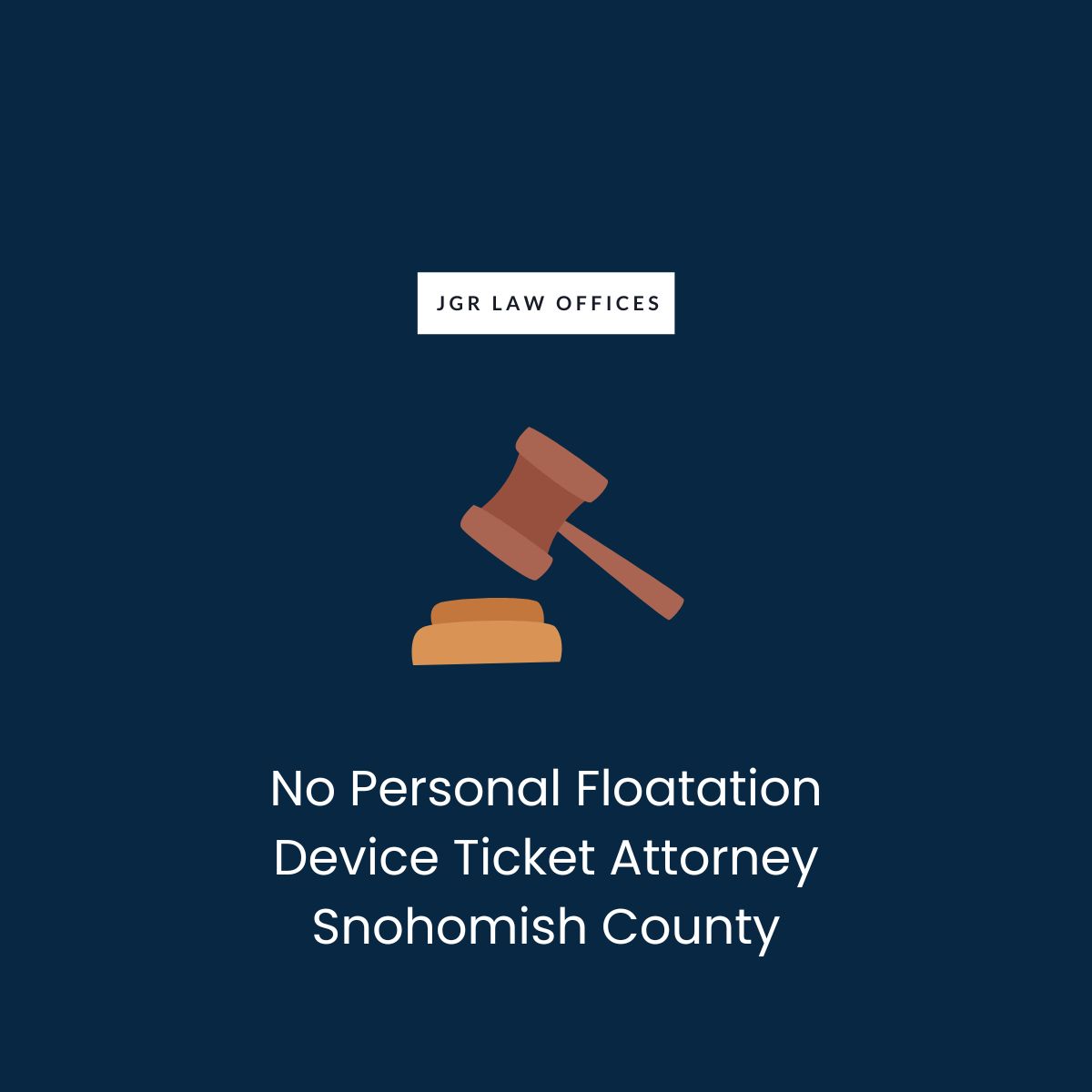Innocent Defendants’ Reactions to Criminal Accusations
Bringing charges does not necessarily imply appearing in court.
Even the most well-intentioned prosecutors have been known to prosecute innocent people. Innocent defendants want to know what they – or, ideally, their attorneys – can do to prevent conviction, regardless of the basis on which charges were filed. Aside from the trial, how can the accused avoid admitting guilt or being sentenced?The registration decision: insufficient and incorrect information.
When a case lands on the desk of a prosecutor who must decide whether or not to pursue it, frequently just the police record of the event is available. The information conveyed by the typical police report, at least a preliminary report, is restricted. Furthermore, police records often include incorrect information, whether as a result of witness inaccuracies or falsehoods, or as a result of mistakes or bias on the part of authorities.A police record may misrepresent a seemingly minor detail, such as the precise words spoken between two participants in an argument that ended in a violent altercation. Or it may simply be incorrect, like when the attacker alleges in an event that the accused assaulted him while the accused responded in self-defense. The claimed victims may even mislead or exaggerate the extent of their injuries.In the event of flimsy accusations, the defendant may choose to go to court in the hopes of being acquitted. Criminal trials, on the other hand, are not only dangerous and costly, but they are also highly time-consuming, as are the processes that lead up to them. As a result, competent defense attorneys will attempt to nip them in the bud before some cases go that far.Intervene before costs are levied.
Pre-trial communication is one of the numerous reasons why you should engage a competent criminal lawyer as soon as possible. (However, you should not hurry to make a choice or allow a lawyer to put you under pressure.) Furthermore, you may typically engage a lawyer to serve as your initial representation and then switch to another if required.)If the facts are true, some attorneys may attempt to intervene before the prosecution files a complaint. Contacting the detaining or investigating officer before the matter is sent to the prosecutor, or contacting the prosecutor before the final decision is reached, is one example.
In less severe instances, the defense counsel may describe the event such that the matter is never heard in court. However, defendants should not anticipate too much from this strategy since it often fails.Decide to end the relationship.Innocent defendants are often have to wait for charges to be filed before their attorneys may intercede. However, this does not always imply that a lawsuit is imminent. A client interview with their lawyer should give a complete description of the facts as well as anything else that may be important (e.g. the history of the relationship between the accused and the alleged victim). The lawyer may now evaluate his or her alternatives.The attorney may determine that it is appropriate to investigate the event and collect evidence as soon as possible (including testimony).
The attorney may use this information to persuade the prosecution to dismiss the charges. A prosecutor, for example, may hear from a defense counsel who may demonstrate that the facts did not emerge as stated by a victim or an alleged witness. Of course, depending on the circumstances, many attorneys may decide that it is better not to go into too much detail with the prosecutor for risk of disclosing information prior to a potential trial.Let’s have some fun.Sometimes the best defense is to do nothing at all. Prosecutors may wait many months to discover that there is insufficient evidence to prosecute the accused, whether because a witness withdrew or was determined to be untrustworthy. (For example, the witness may have a history of making false accusations, or the claimed victim could be motivated by a family problem, such as child custody.)
In some instances, a case may be dismissed when the defense prevails on a preliminary motion, such as B. an application to suppress unlawfully obtained evidence. Or, in a criminal case, the defense may win the preliminary hearing and the prosecution may opt not to testify further. There are many legal procedures that may bring a matter to a close without requiring a plea or a trial. However, the odds of a successful defense are highly dependent on the conditions.Hire a lawyer.You will almost certainly need the services of an attorney for a variety of reasons, including the pre-trial period.
Only a lawyer can carry out the duties outlined in this article. Furthermore, the judgment of an experienced attorney in these situations is critical – your attorney should be the one to determine which technique (s) to use, even if it means patiently waiting for the procedure.
